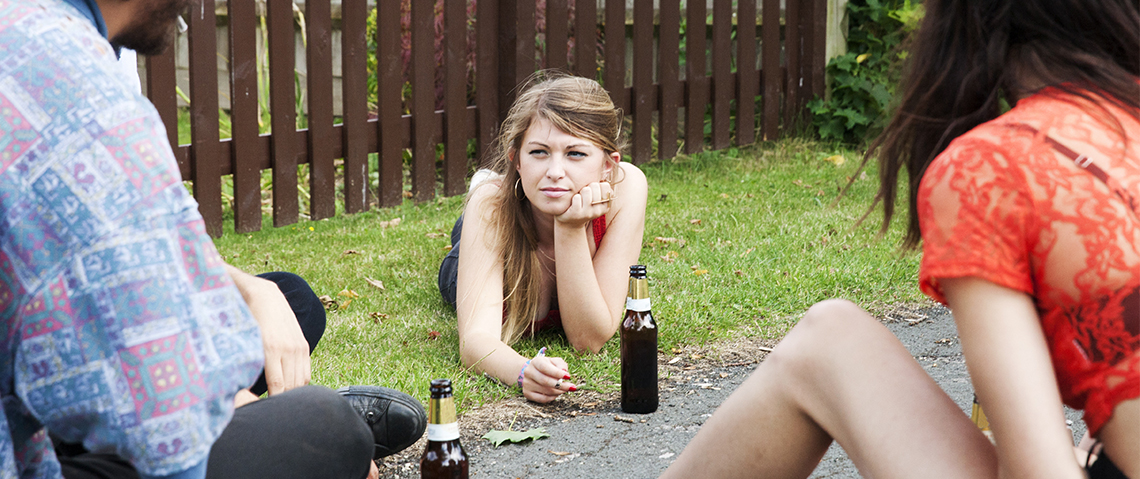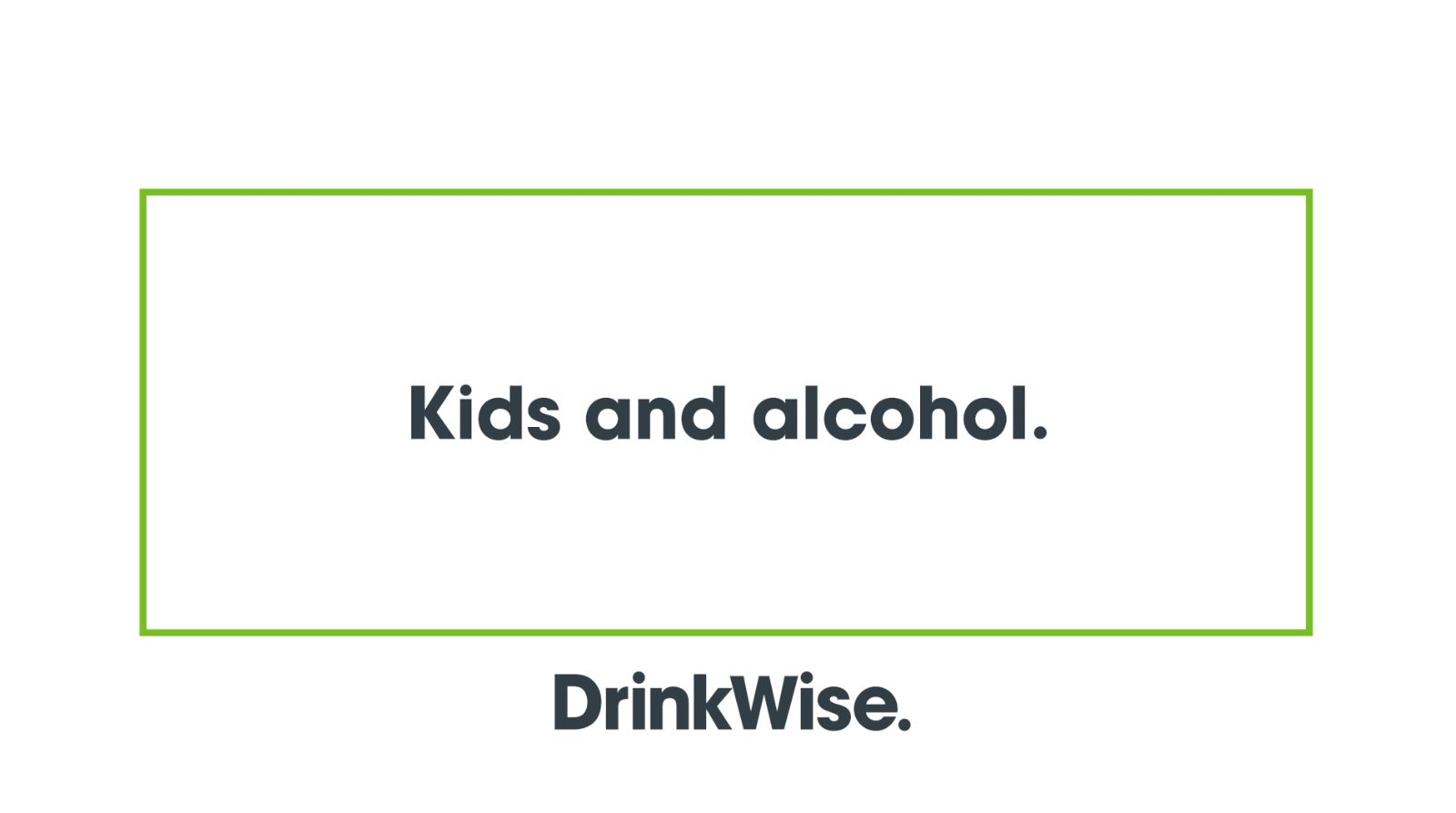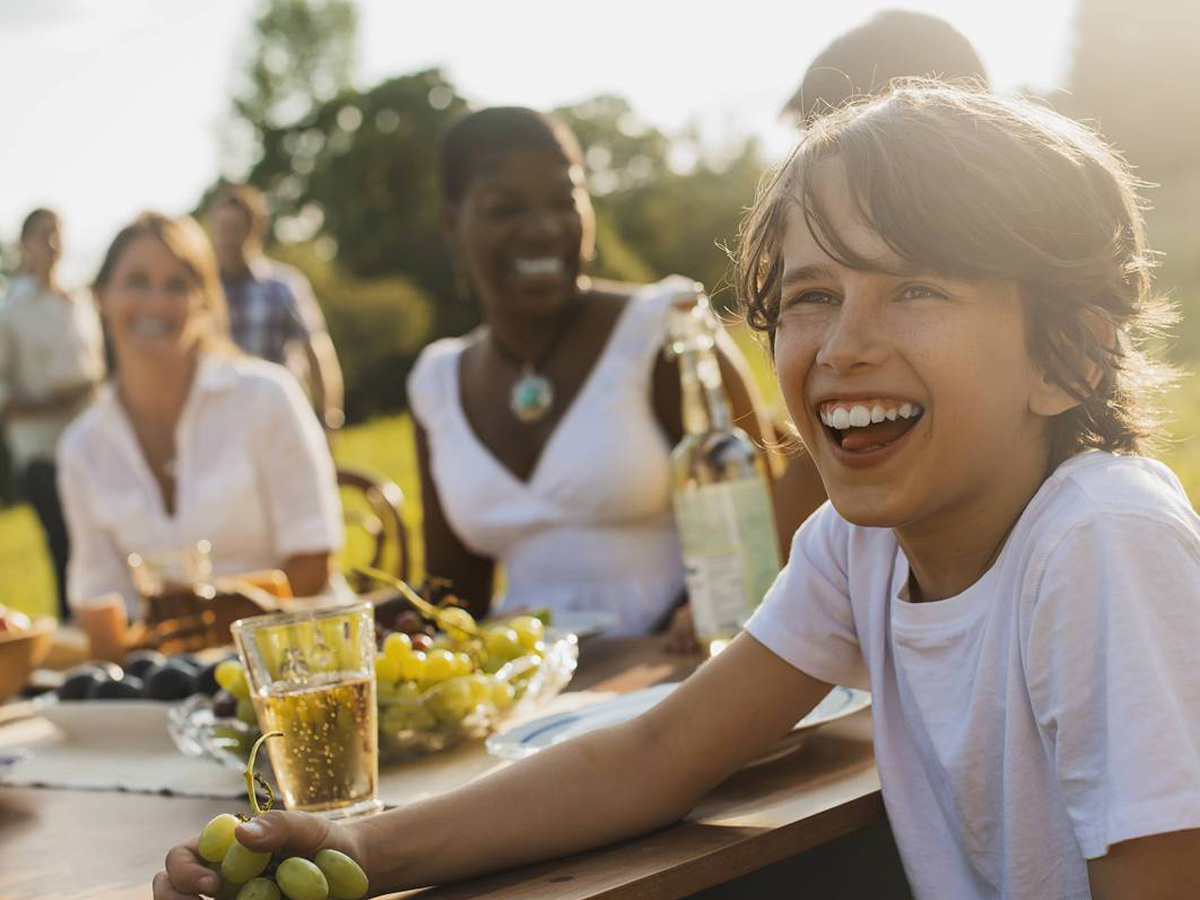Developing a consistent approach to teen drinking

As much as you may want to be your teen’s ‘best friend’, it’s more important to be a responsible parent.
As a parent, you can have the greatest impact on shaping your kid’s attitudes to alcohol. When both parents share the same attitudes and act together, it can make a real difference to how your teen views alcohol. If a young person gets mixed messages, then it’s harder for them to develop a healthy and realistic attitude towards alcohol.
Parents need to agree on:
- appropriate rules and boundaries for their teen when it comes to alcohol
- consequences if rules are broken.
If you and your partner have differing opinions about providing alcohol to your teen, this should be discussed between you. Without your child.
Living separately from your partner can make this situation harder. Some parents may be reluctant to enforce rules, fearing it will make them unpopular with their child. Remember, however, that once the rules and boundaries are made it’s important that neither of you ‘gives in’. Giving in may lead your teen to lose respect for these rules.
There are ways to maintain a positive relationship other than giving your teen alcohol. Whatever the reason for the difference in opinion parents might have, it’s important to develop a united approach.
Tips for developing a consistent approach:
Before you discuss the issue with your partner, do your research. Be sure that you understand how alcohol can potentially damage the developing body of teenagers. An early introduction to alcohol may be linked to issues with alcohol later in life.
Discuss the issue without your teen first – when they are in bed, or away from the house.
If you can’t agree, consider seeking professional help – through your GP, the local family relationship centre, or a qualified counsellor.
Educate yourself and your teen on the facts – 69%1 of underage teens don’t drink alcohol and 89%2 of parents don’t supply their underage teens with alcohol.
Gaining support for your parenting strategies around alcohol
Kids are often drawn to the type of adult they want to imitate. They will observe the way your family and friends behave around alcohol. This will play a pivotal role in developing their attitudes towards alcohol and drinking behaviours.
As teens mature, they’re more heavily influenced by their peers and what they see on social media, TV, and in movies. These social pressures may include some attitudes towards alcohol that are unhealthy. Having positive role models to provide a good influence on your teen is crucial in helping them develop a healthy attitude towards alcohol and responsible drinking.
It’s also important to talk to your family and friends. They, and other important adults in your teen’s life, can influence them. Be sure that they are on the same page as you about alcohol. You can tell them how you feel about alcohol and why, including:
- that alcohol can negatively impact a teen’s developing brain
- that 89%2 of other parents don’t supply alcohol to their underage teens.
This way, all the adults in your child’s life can work together to help your child make smart decisions about alcohol. Ensure your family and friends are aware of the messages they may be sending to kids about drinking alcohol.
Don’t be afraid to show your stance or thoughts if a family member or friend continues to behave poorly around alcohol. It’s good to show your teen that you disapprove of the behaviour, either by:
- speaking to the person directly while your teen is nearby
- talking to your teen afterwards.
If someone has a problem with alcohol, you can discuss it with your teen, whether the person is:
- a family member
- a friend
- someone else.
This other person’s behaviour may lead to your teen asking you questions and result in positive discussions. Instead of avoiding the issue, ask your teen what they think about the behaviour and what they would do.
The Australian guidelines to reduce health risks from drinking alcohol, from the National Health and Medical Research Council (NHMRC) provide evidence-based advice on the health effects of drinking alcohol. The Guidelines recommend that to reduce the risk of injury and other harms to health, people under 18 years of age should not drink alcohol.
More information
The following resources may help you say no to underage teenage drinking and plan to have a conversation with your teenager:
- In 2022-23, 69% of underage teenagers (14-17 years) abstained from drinking alcohol in the previous 12 months (National Drug Strategy Household Survey 2022-23). (NB: this statistic is an updated calculation of underage abstinence and consumption rates as recommended by AIHW and in line with the 2020 Australian Alcohol Guidelines.)
- In consultation with AIHW, “89% of parents don’t supply their underage teenagers alcohol” was calculated based on the National Drug Strategy Household Survey 2022-23 dataset, similar to Chan et. al.’s (2017) paper, the statistic reflects norms around parental supply of alcohol to minors and was calculated using a) the percentage of 14-17 year olds who drank alcohol in the past 12 months (see Table 4.6) and b) of those 14-17 year olds who drank alcohol in the past 12 months, the percentage who reported their usual supply of alcohol were from parents (see Table 4.10).



 Audio
Audio Video
Video



